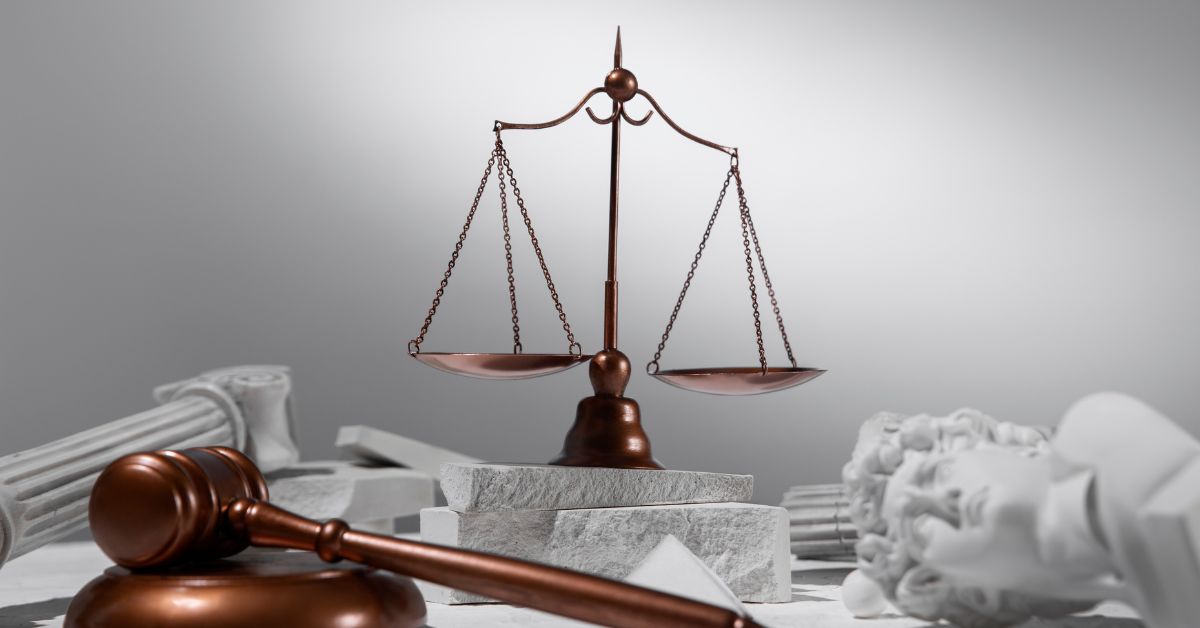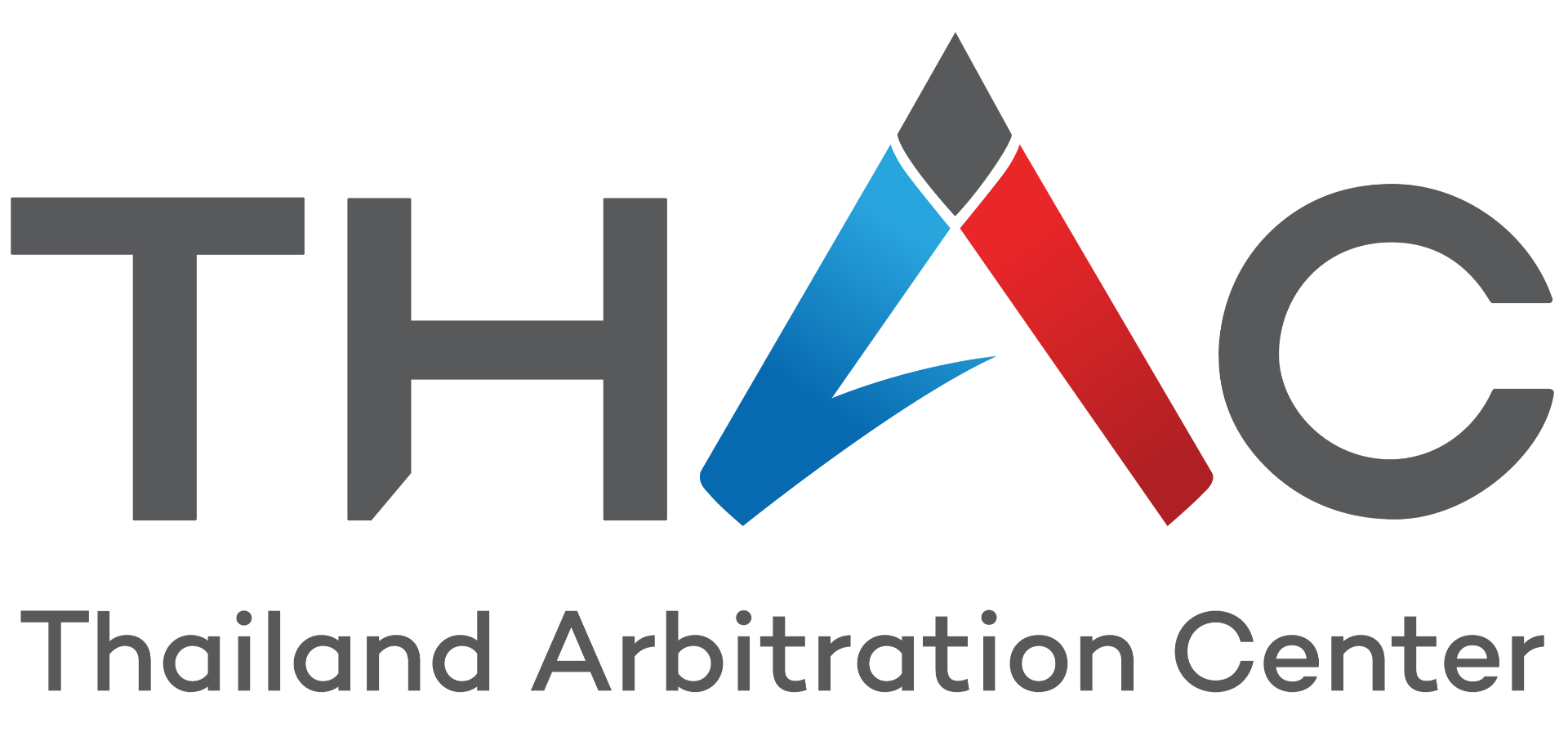
What is Litigation in Thailand? Process, Alternatives, and Legal Guidance

Whenever a legal dispute arises, litigation stands as the primary process of resolving conflicts through the court system. If you are involved in a business disagreement, personal injury claim, or other legal issues in Thailand, understanding litigation is crucial in protecting your rights and interests.
In this article, we will answer the question, “What is litigation?”, describe its meaning, outline the litigation process in Thailand, and explore alternative methods for reaching a resolution.
Meaning of Litigation in Law
Litigation meaning in law refers to the formal process of filing a lawsuit or defending against one in court. It involves a series of structured steps where both the plaintiff and the defendant present their cases to a judge or jury. The court then renders a binding decision based on Thai law and the evidence provided.
- Plaintiff: The plaintiff is the party who initiates the lawsuit and asserts a legal claim against the defendant. They believe the defendant has wronged them in some way and seek compensation or a court order to remedy the situation.
- Defendant: The defendant is the party being sued by the plaintiff. They have the opportunity to respond to the allegations, defend themselves in court, and potentially file counterclaims against the plaintiff.
The Litigation Process in Thailand
There is a list of steps that need to be followed when entering a litigation proceeding, although the steps may vary slightly depending on the court and the nature of the case. However, in general, the litigation process in Thailand typically proceeds as follows:

- Pre-filing Investigation: Before initiating formal litigation, a thorough investigation of the facts and relevant laws is conducted. This may involve gathering evidence, interviewing witnesses, and consulting with legal experts.
- Filing the Lawsuit: The plaintiff commences litigation by filing a complaint with the appropriate court and serving it on the defendant. The complaint outlines the legal claims, alleged facts, and remedies sought.
- Defendant’s Response: The defendant has a set time to file a response to the complaint. This may involve admitting or denying allegations, raising counterclaims, and asserting legal defenses.
- Discovery: Both parties engage in a formal exchange of information relevant to the case. This includes depositions (interviewing witnesses under oath), interrogatories (written questions), and demands for documents or evidence.
- Pre-trial Motions: Attorneys may file motions with the court to address issues such as the admissibility of evidence, requests for summary judgment, or the need for expert testimony.
- Trial: If the case doesn’t settle, it proceeds to trial. Both sides present evidence, call witnesses, and argue their cases before a judge or jury.
- Judgment: The court issues a judgment based on the evidence and law. This judgment determines the outcome of the case and may include monetary damages, injunctions, or other legal remedies.
- Appeals: The losing party may have the right to appeal the judgment to a higher court.
Outcomes of Litigation
The outcomes of litigation vary depending on the specific circumstances of the case and the nature of the legal dispute. Here are some common examples of what a judge might decide:
- Personal Injury Cases: The court could find in favor of the plaintiff and order the defendant to pay a sum of money to compensate the plaintiff for their injuries, medical expenses, or other losses. Conversely, the court might find in favor of the defendant, stating that the plaintiff is not entitled to compensation.
- Contract Disputes: In a breach of contract case, the court might order the breaching party to pay damages, require them to fulfill their contractual obligations, or potentially void the contract.
- Litigated Divorces: The court will make determinations on custody arrangements, child support obligations, alimony payments, and the division of marital assets and property.
- Other Types of Litigation: The possibilities are vast depending on the case. Courts might issue injunctions (orders to do or stop doing something), make rulings on intellectual property rights, enforce debt collection, or decide on a range of business-related disputes.
Importantly, it is the role of the judge or jury to apply Thai law to the facts of the case and render a decision that is considered fair and just.
Alternatives to Litigation in Thailand

While legal litigations are the traditional path for resolving disputes, they can be a costly and time-consuming process, creating stress for all involved parties. As a result, many disputes that could be resolved through the courts often end up being settled out-of-court.
As a result, alternative dispute resolution methods are gaining recognition in Thailand. These alternatives often provide faster, more cost-effective, and less adversarial ways of reaching a resolution. Here are 4 of the most common alternatives:
1. Negotiation
Direct negotiation between disputing parties can yield quick results and preserve relationships. This process is the simplest yet depends on a willingness to compromise.
2. Mediation
Mediation involves a neutral third party assisting with communication and finding common ground between the parties. It’s a confidential and non-binding process.
3. Conciliation
In conciliation, a neutral third party called a conciliator, takes a more active role than a mediator. They facilitate communication, help parties understand each other’s perspectives, and may directly propose solutions. While voluntary, like mediation, conciliation often involves guidance toward compromise and creative resolutions.
4. Arbitration
Similar to a private trial, arbitration uses an arbitrator or panel of arbitrators to render a binding decision. Parties can choose arbitrators with specific expertise relevant to the dispute.
Whether navigating the litigation process or considering alternatives, consulting with an experienced Thai lawyer is invaluable. An attorney provides tailored legal advice, advocates for your best interests, and guides you through the complexities of the Thai legal system.
Let THAC Help Resolve Your Legal Disputes
As an international arbitration institution, THAC specializes in providing effective and impartial dispute resolution services. Our team of seasoned arbitrators and mediators brings a wealth of experience to the table, ensuring that your business disputes are handled with the utmost expertise and professionalism.
If you have questions about our arbitration services or any other legal services, please get in touch with us at:
Email: [email protected]
Call: +66 (0)2018 1615
THAC is looking forward to helping you.

